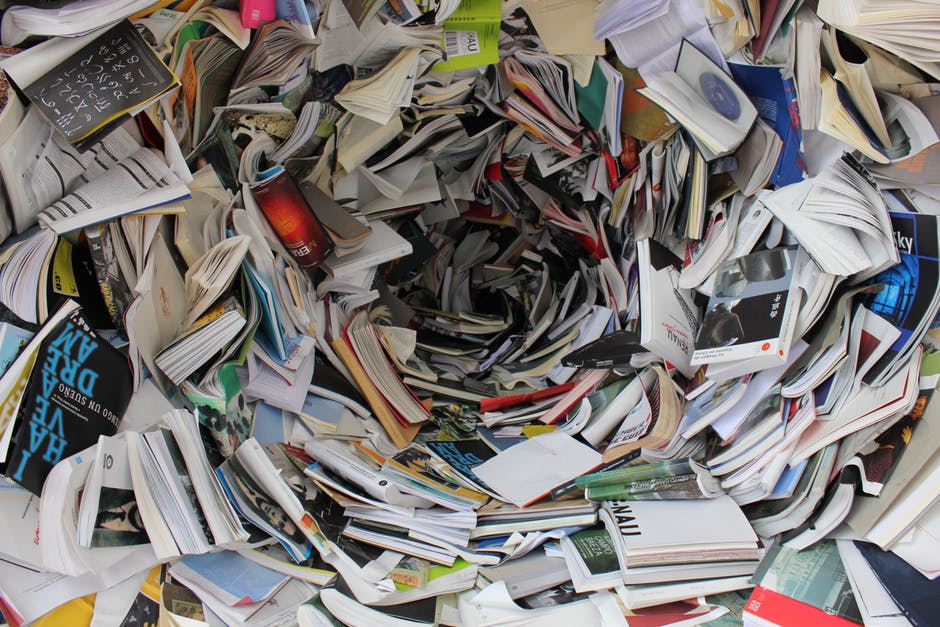Edmonton, AB struggling with Recycling Costs with no Place to put Paper and Cardboard

Similar to what other Canadian cities are going through, the City of Edmonton is perhaps worse off than the average. As the recycling market has become saturated with major players and facilities, and some industry stakeholders choosing to refuse to accept certain products, municipalities like Edmonton are struggling with how to collect and what to collect.
All of this trouble began in 2017 when China decided to ban acceptance of certain types of plastic recycling and paper recycling products. Now that Canadian cities no longer have the option of shipping these waste products off to China, that’s left them here with nothing to do. Increased recycling costs here in Canada make it unaffordable or unfeasible to process the volume of waste we have.
For Edmonton and other cities on Canada’s west coast, China was the top market to which recyclable materials were sent. China had always been very accepting to Canadian waste products, making them into different products and re-selling them or processing them in other ways. Now that China’s out of the equation, Canadian cities have had to look at other international markets to send their paper and cardboard to – despite there not being any big opportunities out there the size of China.
In response to Canadian cities having nowhere to send these recyclable materials, cities have begun refusing certain items in blue bins and instead, sending them to landfills. There’s no real choice, unfortunately, for most of these cities. The expense to put these materials into storage indefinitely is high and the cost of recycling doesn’t make any sense. In the hoopla following China’s decision, international countries have also put restrictions on what they’re accepting as waste or recyclables. Cities like Edmonton and Toronto are being challenged to clean up recyclables prior to submitting these materials to international countries.
As we cannot afford to recycle materials like certain kinds of paper or cardboard, it’s also increased costs related to having to sort through garbage and recyclables to remove the materials that don’t mix. Although this routine is improving material quality – which could help get some of these waste and recyclables into international countries – it hasn’t replaced the previous system of sending everything to China. Costs remain up across the board, operational efficiencies have tumbled, and things are not looking good for the next year.
This is an even more serious issue for smaller communities, some of which are negotiating with recycling contractors to try and negotiate lower processing costs. In some areas, processing costs have risen by 40 percent which is not sustainable in the long-term.
All of this shows how dependent all cities and countries are on the existing recycling system to perform. When a player like China makes a change, it results in all other stakeholders having to change. The sad thing is that these costs are going to eventually bounce down towards consumers, increasing their waste collection fees.
There’s nothing one can do to control all market forces. As the recycling industry continues to grow, more stakeholders will be required, more facilities will have to be built domestically, and market forces will have to continue to expand. It’s not enough to simply want to recycle. There’s so much more that needs to happen to ensure recycling remains cost-effective and logical.
As a waste management company, the most important thing to us is to keep recycling effective, inexpensive, and growing. If you’re a small business in Toronto or the GTA seeking waste management or recycling services, contact a representative at Core Mini Bins. We can help.


